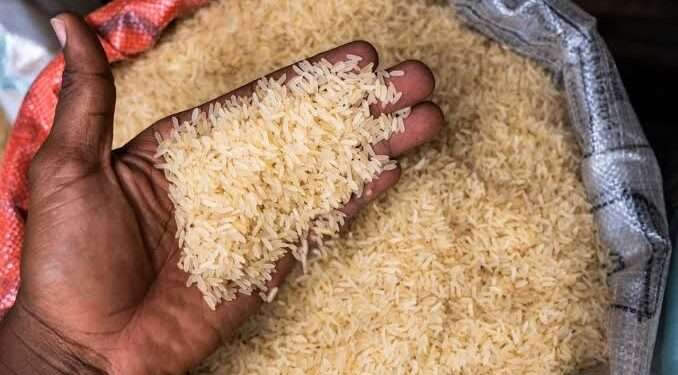Nigeria has received 32,000 tons of brown rice from Thailand, marking its first shipment of the grain in a decade. This move, facilitated by logistics company DUCAT, aims to tackle soaring food prices, according to a Bloomberg report. The consignment arrived in Lagos under a tariff moratorium issued last year by the federal government on wheat, corn, rice, and other food crops.
Adrian Beciri, CEO of DUCAT, stated, “Nigeria has been working hard to find solutions to broaden and strengthen its food supply accessibility.
To combat food inflation, the government approved a 150-day duty-free period in July 2023 for importing maize, husked brown rice, and wheat. This policy aimed to replenish the strategic grain reserve with 250,000 metric tons of these staples. Other measures under the initiative include setting a Guaranteed Minimum Price (GMP) for commodities, boosting smallholder farmer production for the 2024/2025 season, and promoting fortified food production.
Despite the policy, food inflation remains a pressing issue. The National Bureau of Statistics (NBS) reports a sharp rise in the Consumer Price Index (CPI), with food inflation reaching 39.93% in November 2024, compared to 32.84% in November 2023. Abuja and 19 states recorded food inflation rates exceeding 40%, driven by price hikes in staples like yam, rice, maize, and palm oil.
While some experts believe the tariff policy could stabilize prices and ease inflation, others raise concerns about its impact on local farmers. Critics argue that cheaper imports could hurt domestic producers’ market share and profitability during the duty-free period.
African Development Bank President Dr. Akinwunmi Adesina has been particularly vocal in opposing the reliance on food imports. He warned that this strategy undermines Nigeria’s agricultural policy and economic stability.
As Nigeria grapples with high food costs, the government faces the challenge of balancing immediate relief with long-term agricultural development.










